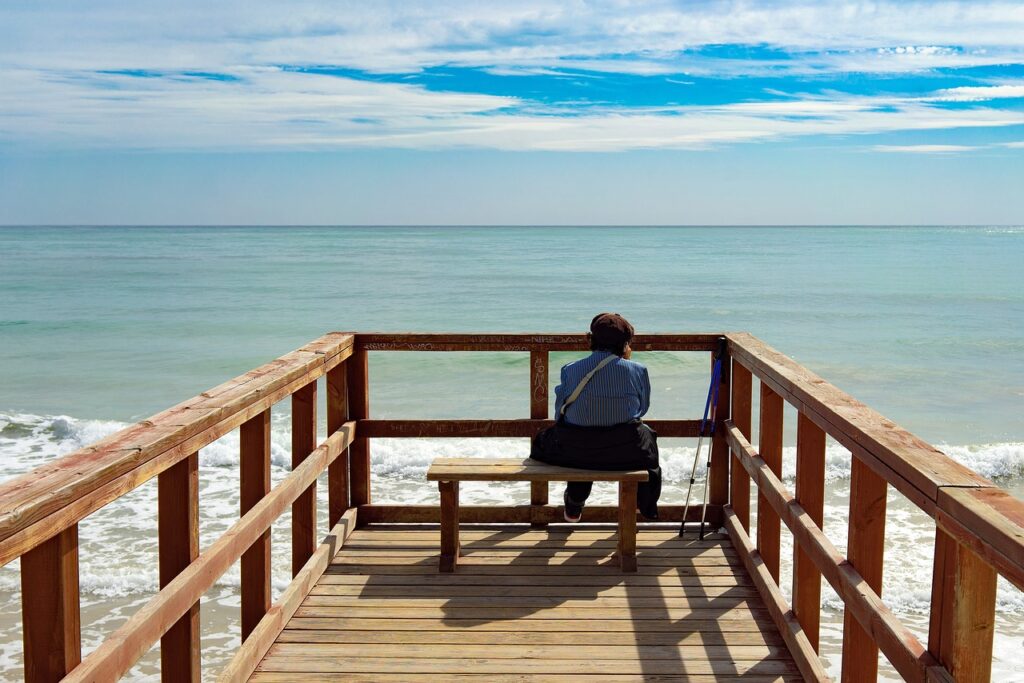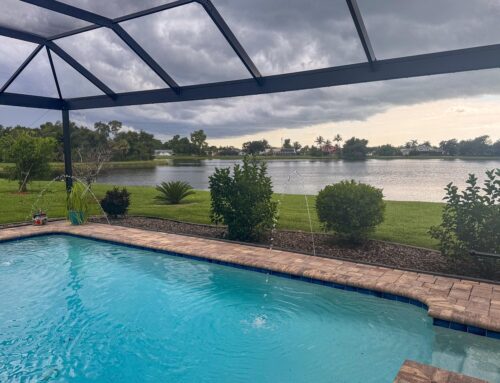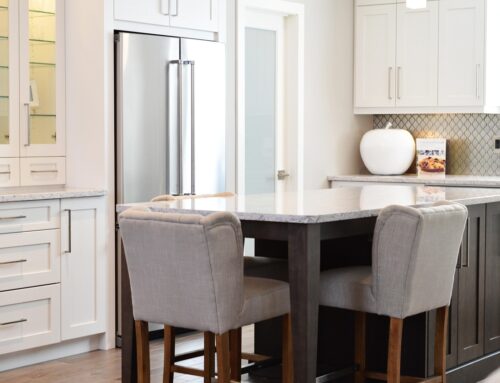Florida’s climate makes it a haven for snowbirds seeking a warm escape during colder months. However, this unique lifestyle brings unique considerations – namely, how does your absence from the state affect your insurance policies? Considering you are away from your home for so much of the year, it is vitally important that you understand every single term in your home insurance policy to maintain protection at all times.
Vacant or Unoccupied Homes – Which Applies to Snowbirds?
For the average person, ‘unoccupied’ and ‘vacant’ might be used interchangeably, but large insurance companies are filled with precisely the type of people who use obscure terminology and meanings to complicate the process for policyholders. In simple terms, vacant means the house is in an unlivable state – little to no furniture, disconnected services, no permanent resident – which usually occurs when a house is in between tenants or shuffling hands. Unoccupied generally means that while the house is otherwise normal, no one is living at that property. In most cases, snowbirds who keep separate belongings at their Florida home and continue paying for water, electricity, and other assorted services have an unoccupied home.
Insurance Policy Limitations and Clauses
It is important always to read your insurance policies to determine if and how this distinction affects you. Typically, policies contain specific limitations and clauses about vacancy and occupancy requirements. If your policy has a vacancy clause, it may restrict or void coverage if a home is vacant for a certain period, usually ranging from one to three months. Vacant homes are more susceptible to risks like vandalism, theft, or undetected damage, and the absence of immediate response to such incidents allows insurers to classify these properties differently.
Your policy may also include a separate occupancy clause. Some insurers might offer a grace period for unoccupancy, after which the homeowner needs to notify the insurer or risk reduced coverage or policy cancellation.
Policyholders are often required to notify their insurers if their home will be unoccupied for an extended period, as defined by their policy. In most cases, snowbirds who are away for almost exactly half the year must seek out additional coverage. Without it, a home that suffers damage during a period deemed as ‘vacant’ or ‘unoccupied’ by their policy may suffer from a denied claim. Fortunately, many insurance companies offer options for maintaining coverage during these long-term vacancies or unoccupancies.
Steps for Snowbirds to Protect Vacant or Unoccupied Property
Insurers look at vacant or unoccupied homes differently for a good reason – these homes do, in fact, have unique drawbacks that make them susceptible to burglary or property damage. Here are some proactive steps you can take to protect your Florida home:
Security Measures– A robust security system that covers all major entrances and interior areas is your best defense against break-ins and burglaries. Consider systems that offer remote monitoring, allowing you to keep an eye on your property from afar. Motion detectors, timed lighting systems, and cameras can also deter potential burglars before they even have the chance to get close.
Regular Maintenance – Arrange for regular property checks by a trusted neighbor or a professional homewatch service. This step ensures that any issues, such as leaks or structural damage, are promptly identified and addressed.
Utilities Management – Keep your utilities running but set to safe levels. For instance, set the thermostat to prevent freezing pipes or excessive heat. If possible, shut off the main water supply to prevent leaks.
Yard Upkeep – An overgrown lawn or uncollected mail signals an empty home to would-be burglars and can run afoul of your HOA. Regular lawn care and mail collection services help maintain the appearance of an occupied home.
Anderson & Associates Insurance Group is here to help snowbirds to mitigate risk. Contact us today to learn how we can assist you in finding the best insurance to protect your home while you are out of state.









